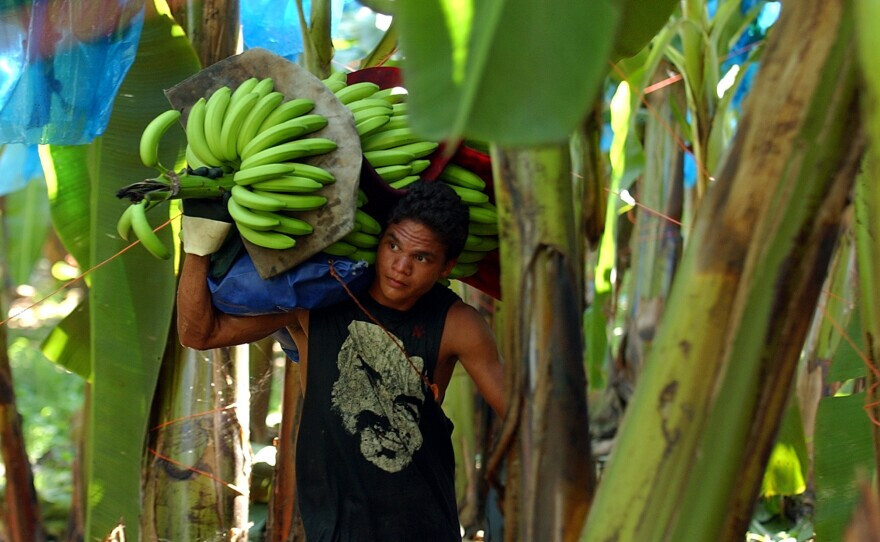
A study published in Nature Food warns that climate change could reduce the area suitable for banana production in Costa Rica by 60% by 2080, threatening one of the country’s key agricultural sectors. The report, which analyzed high-resolution satellite imagery, indicates that rising temperatures across Latin America and the Caribbean could disrupt banana farming, with Costa Rica being among the hardest hit due to its reliance on warm, low-lying regions.
The study highlights that temperatures exceeding 30°C—projected to become more frequent—harm banana growth, reduce yields, and increase the risks of pests and diseases. “Intensive banana production thrives in warm, aseasonal regions with slightly acidic soils, but it’s less limited by rainfall due to irrigation,” researchers noted. “However, rising heat, combined with labor and export infrastructure demands, will shrink suitable land by 60% and lower yields in most current zones.”
Costa Rica, a global leader in banana exports, faces a potential crisis as many existing plantations may become unsustainable. The banana industry accounts for thousands of jobs and millions in revenue, making adaptation urgent. “Without innovation and sustainability strategies, food security and the crop’s future are at risk,” said José Antonio Guzmán of the National Banana Corporation (CORBANA)’s Research Center.
CORBANA is already taking steps to mitigate environmental impact. “We recycle 100% of production plastic, protect 14,500 hectares of forest near plantations, and are developing water-saving techniques and alternative methods,” said General Manager Marcial Chaverri. Yet the study suggests these measures may need to scale up significantly to counter the projected declines.
Experts caution that the effects extend beyond Costa Rica. Banana-producing nations like Ecuador and Colombia face similar threats, though Costa Rica’s vulnerability stands out due to its climate and topography. The researchers urge regional cooperation and investment in heat-resistant varieties to avert a broader export collapse.
Local farmers, however, remain unquoted in the study, leaving questions about on-the-ground impacts. Costa Rican officials have not yet commented on the findings or outlined a national response plan.
[Copyright (c) Global Economic Times. All Rights Reserved.]






























